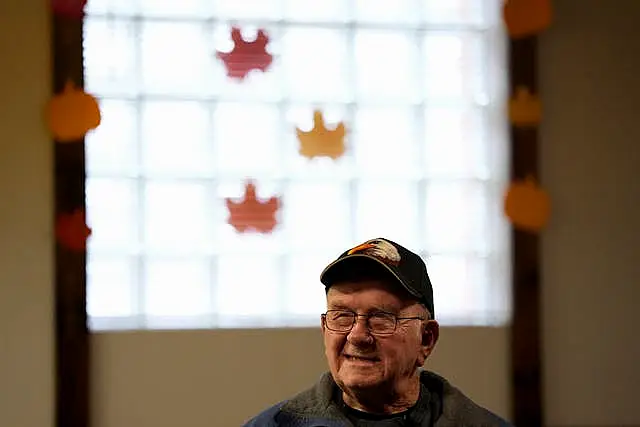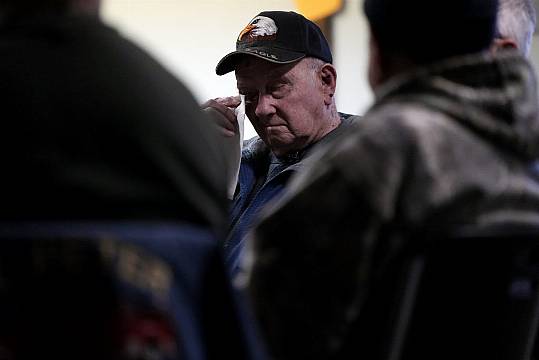Earl Meyer remembers in vivid detail when his platoon came under heavy fire during the Korean War – he still has shrapnel embedded in his thigh.
But more than 70 years later, the 96-year-old is still waiting for the US Army to recognise his injury and to award him a Purple Heart medal, which honours service members wounded or killed in combat.
Mr Meyer has provided the Army with documents to back up his assertion that he was wounded in combat in June 1951.
Doctors at the Department of Veterans Affairs agreed that his account of the shrapnel coming from a mortar attack was probably true.

But few men in his unit who would have witnessed the battle have survived, and he thinks the medic who treated him on the battlefield was killed before he could file the paperwork.
An Army review board in April issued what it called a final rejection of Mr Meyer’s request for a Purple Heart, citing insufficient documentation.
His case highlights how it can be a struggle for wounded veterans to get medals they have earned when the fog of war, the absence of records and the passage of time make it challenging to produce proof.
“At first I didn’t know that I had been wounded,” Mr Meyer wrote in a sworn statement that was part of his rejected appeal.
“But as my unit advanced from where the mortar rounds were hitting, I noticed that my pants were sticking to my leg. I reached down to correct this and discovered that my hand was covered in blood.”
Mr Meyer took the rare step of suing the department of defence and the Army in September.
The Army’s Office of Public Affairs said it does not comment on ongoing litigation.
But after the Associated Press made requests for comment on Mr Meyer’s case, the office of the Army’s top non-commissioned officer, Sergeant Major of the Army Michael Weimer, said that it is going to take another look.
“The Sergeant Major of the Army’s Office is engaging with Mr. Meyer’s family and looking into the situation,” spokesperson Master Sgt. Daniel Wallace said. “Either way, we’re proud of Mr. Meyer’s service to our country.”
Mr Meyer said that he would not have pursued the Purple Heart because his injuries were relatively minor compared to those of many men he served with, but his three daughters persuaded him.
“I think it will provide closure for him. I really do,” said his daughter, Sandy Baker, of New Buffalo, Michigan.
Meyer first applied for a Purple Heart in 2020. The Army denied him, saying he needed more documentation.







